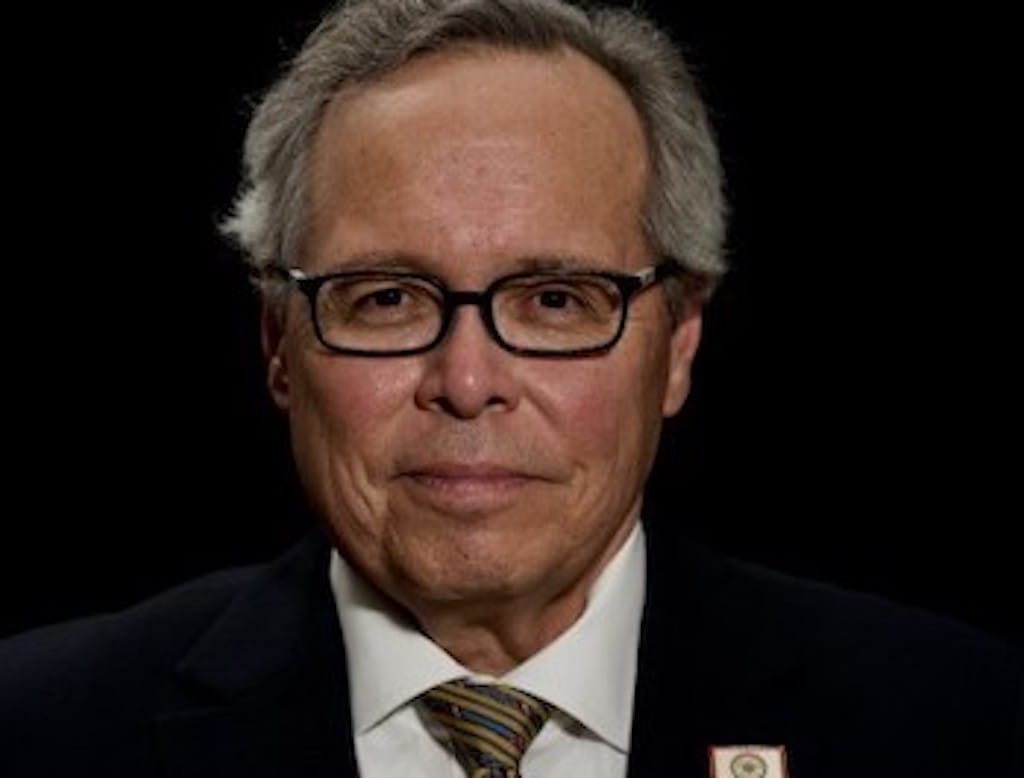Tribal Ready Wants Better Broadband Data to Benefit Indian Country
Tribal leaders and citizens must gather data ‘on a scale large enough to ensure that Tribal nations receive’ funding.

WASHINGTON, February 23, 2023 – Tribal Ready, a Native American-owned company, on Tuesday announced its launch – together with a new effort to encourage Indian county to be accurately mapped for broadband access and deployment through a “Virtual Tribal Broadband Office.”
“It is incumbent on Tribal leaders, citizens and allies to gather data on a scale large enough to ensure that Tribal nations receive the billions of dollars that are available and necessary to complete broadband expansion projects,” said Joe Valandra, CEO of the new entity.
Valandra, a member of the Rosebud Sioux Tribe of South Dakota, said that Tribal entities should receive at least $5 billion of the $42.5 billion of federal funds available under the bipartisan infrastructure law’s Broadband Equity, Access and Deployment program.
The $5 billion number, he said in an interview, is “a very rough calculation that I did based upon the priority being unserved” individuals, and based open the gaping lack of available broadband in Indian County.
Valandra has more than 25 years of experience in executive-level leadership roles in the public, private, government, and non-profit sectors, including an extensive background in Tribal economic development.
Virtual broadband office aims to speak for Tribes
Valandra was highly critical of the Federal Communications Commission’s broadband serviceable location fabric, which he said dramatically undercounted locations and availability for broadband in rural and Tribal areas.
“If the FCC’s fabric were the only tool that were used to allocate these funds, Indian country would be left out,” he said. He cited the broadband map’s representation that the Rosebud Sioux Tribe of South Dakota was served, which he said wasn’t accurate.
In the view of Tribal Ready, the solution is for Tribal Nations to sign up for the Virtual Tribal Broadband Office at TribalReady.com. The new entity works in close partnership with Ready.net, he said, which gives Tribal Ready access to data and other broadband tools.
Just as every state and territory has a state-wide broadband office, Tribes need to be represented through a voice in Washington focused on their needs, said Valandra.
“We hope to become or to acquire a number of ISPs so that we can partner with Tribes to give them the type of knowledge and expertise and regulatory framework to really run those networks and to preserve ownership and control for Tribes,” he said.
Others on the team emphasize the crucial role of broadband data, and other broadband resources, to ensuring maximum funds for Indian country.
“High-speed broadband is a resource – a means to an end,” said Scott Dinsmore, vice president of external affairs at Tribal Ready. “It takes resources to achieve sustainable high-speed networks and the world-class access to economic, education, healthcare and other benefits that come with it.”
Tribal Ready said that it believes the best way to achieve this is to create data and guidelines that help states design fair and inclusive challenge processes. Tribal Ready also emphasized ensuring that Tribal data sovereignty is secure and protected.
Before launching Tribal Ready, Valandra worked in the Indian gaming industry for more than the decade of the 1990s, before coming to Washington. In 2005, he became chief of staff for the National Indian Gaming Commission, a position he occupied until 2007. He subsequently worked extensively in the field of in the Tribal communications.










